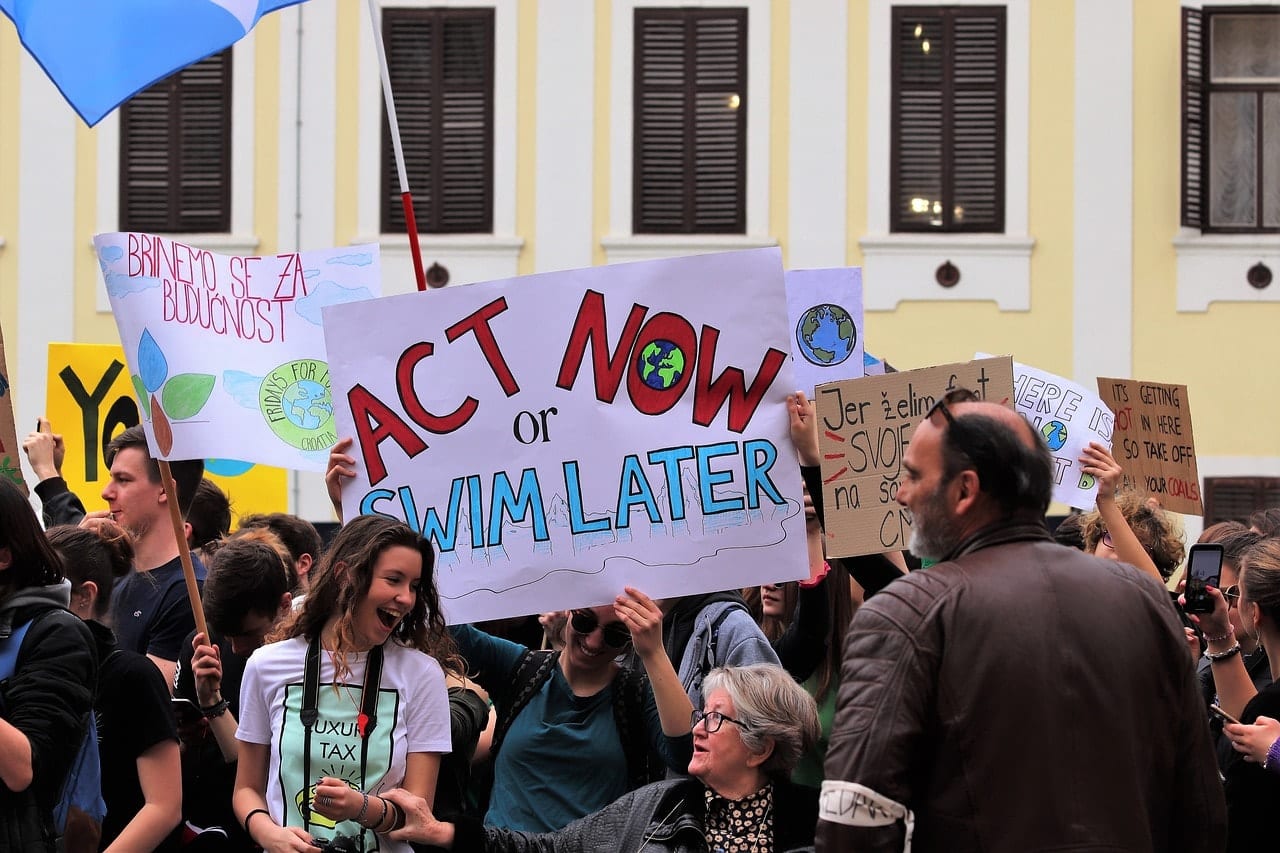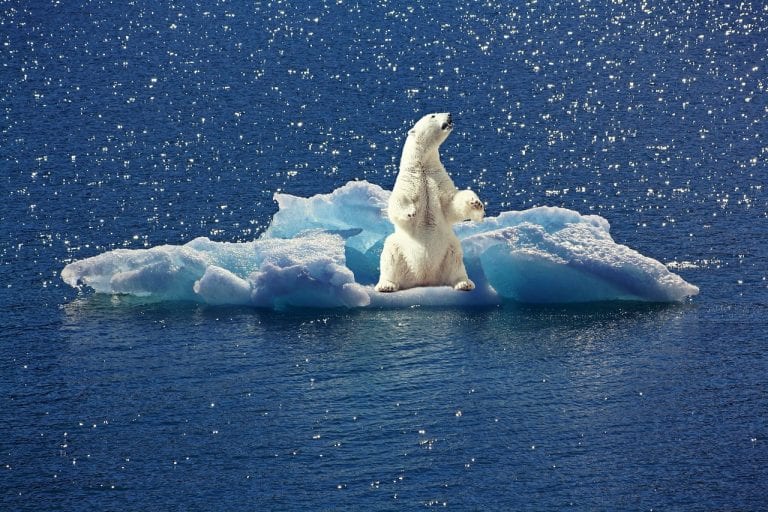Last Updated on 2 July 2022 by Cycloscope
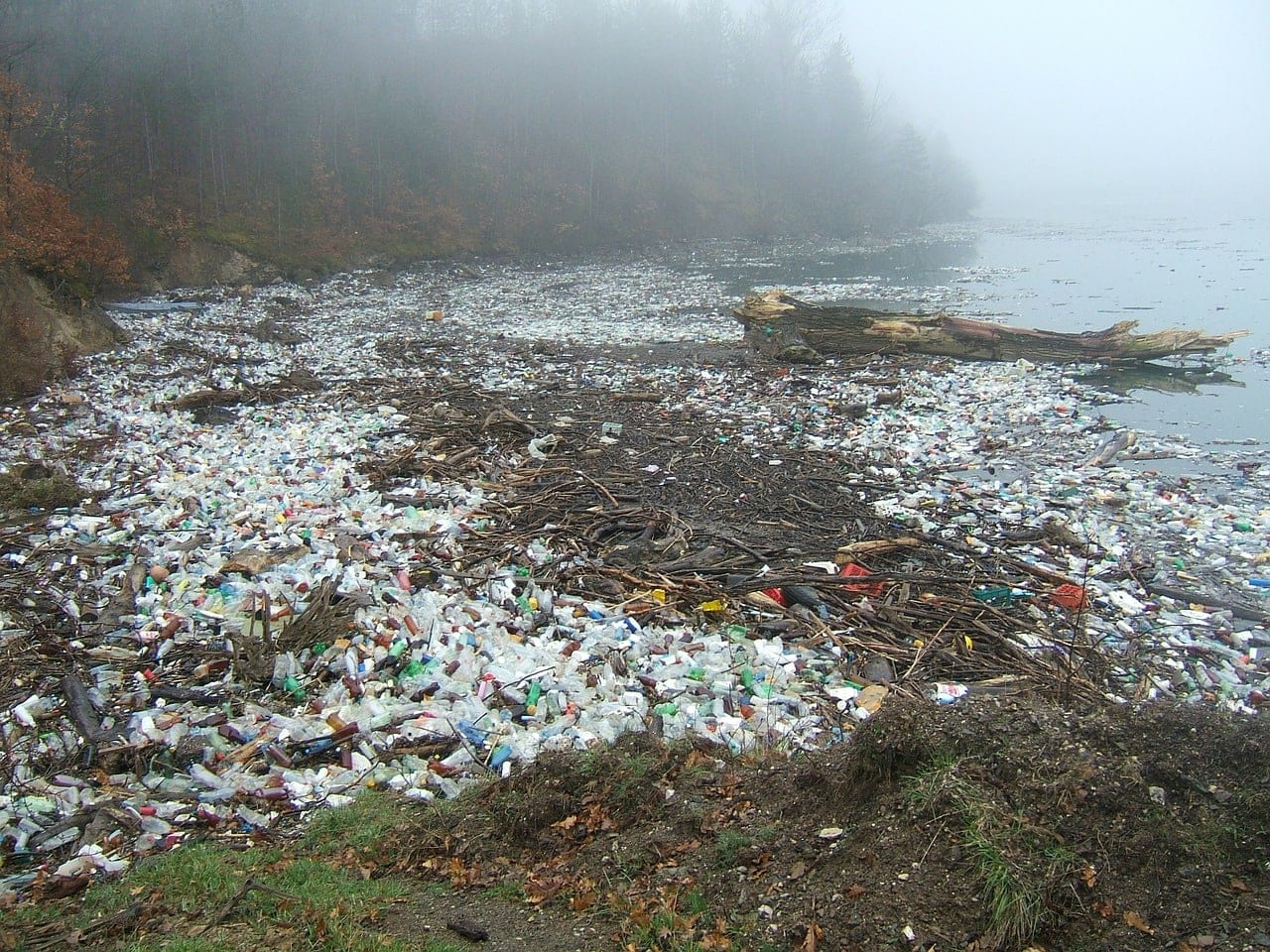
Earth’s calling us. It’s a loud call, almost a cry, but very few seem to hear. Earth’s calling for us to save ourselves and our fellow living being on this planet, it’s a call for survival… Our survival, not Earth’s, Gaia will keep going even without us.
Plastic continents as big as Texas are floating on our oceans, air pollution is causing deadly diseases, a freshwater crisis is well visible on the horizon. Global warming is causing devastating climatic events all over the world.
Several reliable studies assert that we “We may be sitting on a precipice of a major extinction event”.
But there’s one good news, we still can change this if we act now. But action must be immediate and decisive, there’s no more time for compromise and declarations of good will.
A brief explanation of why we are involved in this project
As we are writing this, we are sitting on a terrace facing the beautiful Indian Ocean in Mozambique. As, we hope, most of you know, Mozambique was recently hit by two consecutive cyclons among the strongest of its history: Idai and Kenneth. Those two deadly storms affected millions of people, causing thousands of fatalities.
Strangely enough, since we started traveling the world by bicycle in 2014, we often come across extreme meteorological events which are usually “the most powerful ever recorded” in a certain area. We are experiencing climate change first-hand, and it’s not pleasant.
Sea level rising is also an evident truth, in Maputo (the Mozambican capital), the sea is expected to rise by 10 cm by 2030 (low scenario) and, between 20 cm and 100 cm by 2060 (medium scenario) – source. Devastation will hit cities, infrastructure, crops, people.
When, a few weeks ago, we were contacted by Earth’s Call for a collaboration to spread the word about their event and concrete action we were intrigued. We, of course, did our researches about this foundation and found them to be seriously committed, so we accepted their proposal, agreeing on adding our small voice to the choir of those calling for immediate action.
Disclaimer: this is a sponsored post, meaning that we received monetary compensation to write and publish this article.
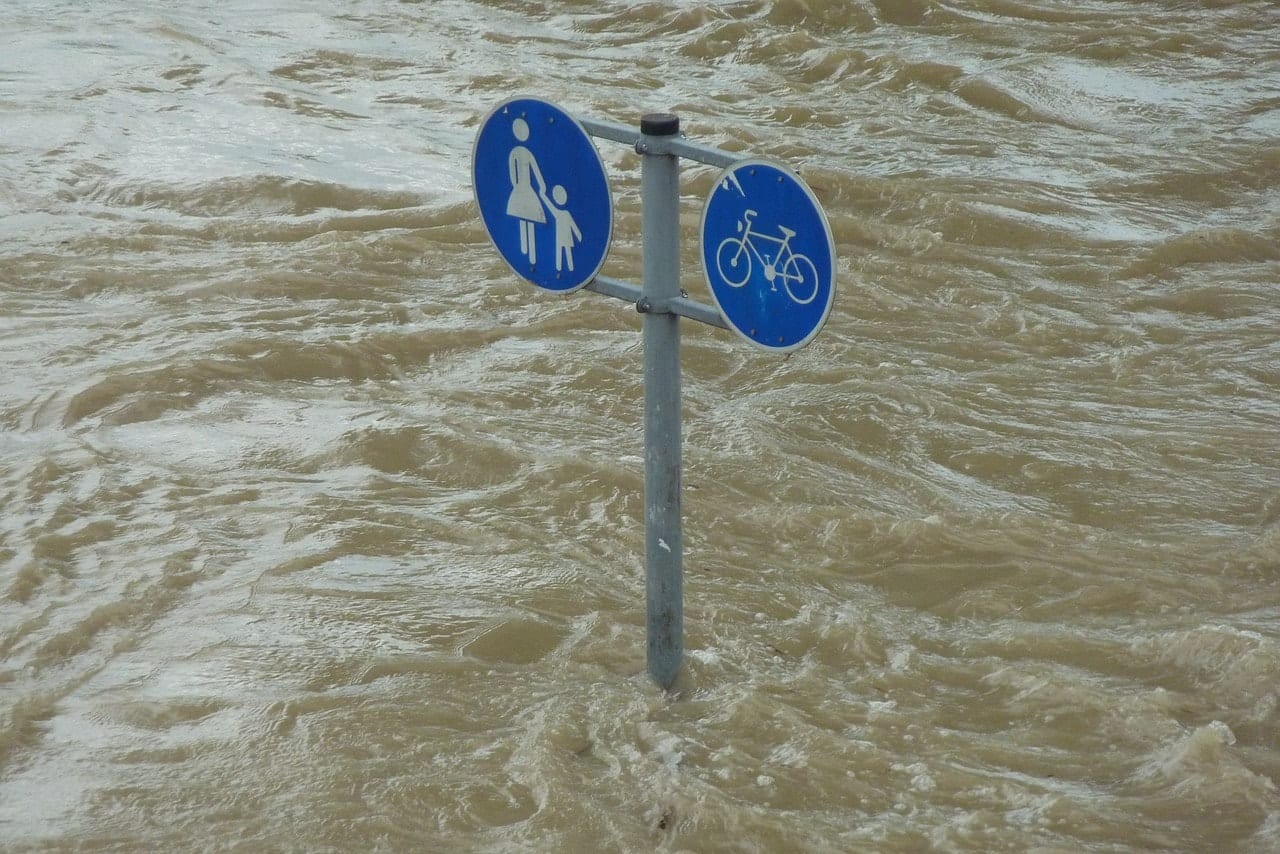
Some words on climate change
Based on a vast scientific literature, we know that:
- Earth’s climate is changing in ways inconsistent with natural variability.
- The principal cause is the build-up of atmospheric carbon dioxide and other heat-trapping substances (e.g., methane) emitted mainly by the burning of fossil fuels for electricity production, the increasing use of land in ways that limit its ability to absorb greenhouse gases (pastures and intensive cultivations).
- Harmful impacts are already being experienced around the world.
- Negative impacts will only increase in intensity until emissions are drastically reduced.
- Any scenario for meeting the 2-degree goal means reducing global emissions sharply in the next decade.
- The starting point is that a small number of countries are responsible for a very large share of global emissions. The three largest emitters, in order, are China, the United States, and India.
China is the world’s largest emitter, but when considering per-capita emission, it’s clear that richer countries are those that will mostly have to address their living standards. Moreover, while China increasingly understands the dangers of air pollution and climate change, and is moving toward cleaner energy, The United States (the largest emitter historically) yet continues to lack a cohesive national approach to addressing climate change.
India’s emissions are projected to surpass China’s, with 80 percent of projected emissions to come from sources not yet built; this provides an opportunity to make long-term, beneficial decisions now. The working theory of change is based on the premise that, if the United States, China, and India exert global leadership on climate change, then other nations will be compelled to act.
Those players so will have to implement policies, actions, and investments in order to:
- decrease the carbon-intensity of their respective economies;
- reduce greenhouse gas emissions;
- build political will and public demand for climate solutions;
- do so by no later than 2025;
If these three nations meet their ambitious emissions reductions targets, then other nations will be compelled to act and meet their own targets, which collectively would result in the world abating catastrophic climate change. An urgent situation based on the UN IPCC estimates that only 25- 60 harvests may be left on earth!
What is Earth’s Call
Among the many entities involved in the struggle for a rapid “U-Turn” is Earth’s Call Foundation, a group of people whose common aim is to find real solutions to the climate crisis. By raising funds to implement these solutions, Earth’s Call Foundation tries to have an effective impact in reversing the disastrous trend we’re living.
Earth’s Call is building partnerships with a number of like-minded international organizations that also want to tackle the world’s most challenging and complex problem: rising global temperatures.
Earth’s Call is an event that will take place in Aspen (Colorado) on 17th and 18th May 2019. A series of conferences, talks, concert, and shows that will hopefully help to change people’s, governments, and companies’ consciousness.
You can find more information about the schedule of the event in the last paragraph of this article.
SDG 17, Partnership Goals
Earth’s Call is guided by the principles of the UN’s Sustainable Development Goals, particularly SDG 17, Partnerships; those goals are:
Finance
17.1 Strengthen domestic resource mobilization, including through international support to developing countries, to improve domestic capacity for tax and other revenue collection
17.2 Developed countries to implement fully their official development assistance commitments, including the commitment by many developed countries to achieve the target of 0.7 per cent of ODA/GNI to developing countries and 0.15 to 0.20 per cent of ODA/GNI to least developed countries ODA providers are encouraged to consider setting a target to provide at least 0.20 per cent of ODA/GNI to least developed countries
17.3 Mobilize additional financial resources for developing countries from multiple sources
17.4 Assist developing countries in attaining long-term debt sustainability through coordinated policies aimed at fostering debt financing, debt relief and debt restructuring, as appropriate, and address the external debt of highly indebted poor countries to reduce debt distress
17.5 Adopt and implement investment promotion regimes for least developed countries
Technology
17.6 Enhance North-South, South-South and triangular regional and international cooperation on and access to science, technology and innovation and enhance knowledge sharing on mutually agreed terms, including through improved coordination among existing mechanisms, in particular at the United Nations level, and through a global technology facilitation mechanism
17.7 Promote the development, transfer, dissemination and diffusion of environmentally sound technologies to developing countries on favourable terms, including on concessional and preferential terms, as mutually agreed
17.8 Fully operationalize the technology bank and science, technology and innovation capacity-building mechanism for least developed countries by 2017 and enhance the use of enabling technology, in particular information and communications technology
Capacity building
17.9 Enhance international support for implementing effective and targeted capacity-building in developing countries to support national plans to implement all the sustainable development goals, including through North-South, South-South and triangular cooperation
Trade
17.10 Promote a universal, rules-based, open, non-discriminatory and equitable multilateral trading system under the World Trade Organization, including through the conclusion of negotiations under its Doha Development Agenda
17.11 Significantly increase the exports of developing countries, in particular with a view to doubling the least developed countries’ share of global exports by 2020
17.12 Realize timely implementation of duty-free and quota-free market access on a lasting basis for all least developed countries, consistent with World Trade Organization decisions, including by ensuring that preferential rules of origin applicable to imports from least developed countries are transparent and simple, and contribute to facilitating market access
Systemic issues
Policy and institutional coherence
17.13 Enhance global macroeconomic stability, including through policy coordination and policy coherence
17.14 Enhance policy coherence for sustainable development
17.15 Respect each country’s policy space and leadership to establish and implement policies for poverty eradication and sustainable development
Multi-stakeholder partnerships
17.16 Enhance the global partnership for sustainable development, complemented by multi-stakeholder partnerships that mobilize and share knowledge, expertise, technology and financial resources, to support the achievement of the sustainable development goals in all countries, in particular developing countries
17.17 Encourage and promote effective public, public-private and civil society partnerships, building on the experience and resourcing strategies of partnerships
Data, monitoring and accountability
17.18 By 2020, enhance capacity-building support to developing countries, including for least developed countries and small island developing States, to increase significantly the availability of high-quality, timely and reliable data disaggregated by income, gender, age, race, ethnicity, migratory status, disability, geographic location and other characteristics relevant in national contexts
17.19 By 2030, build on existing initiatives to develop measurements of progress on sustainable development that complement gross domestic product, and support statistical capacity-building in developing countries
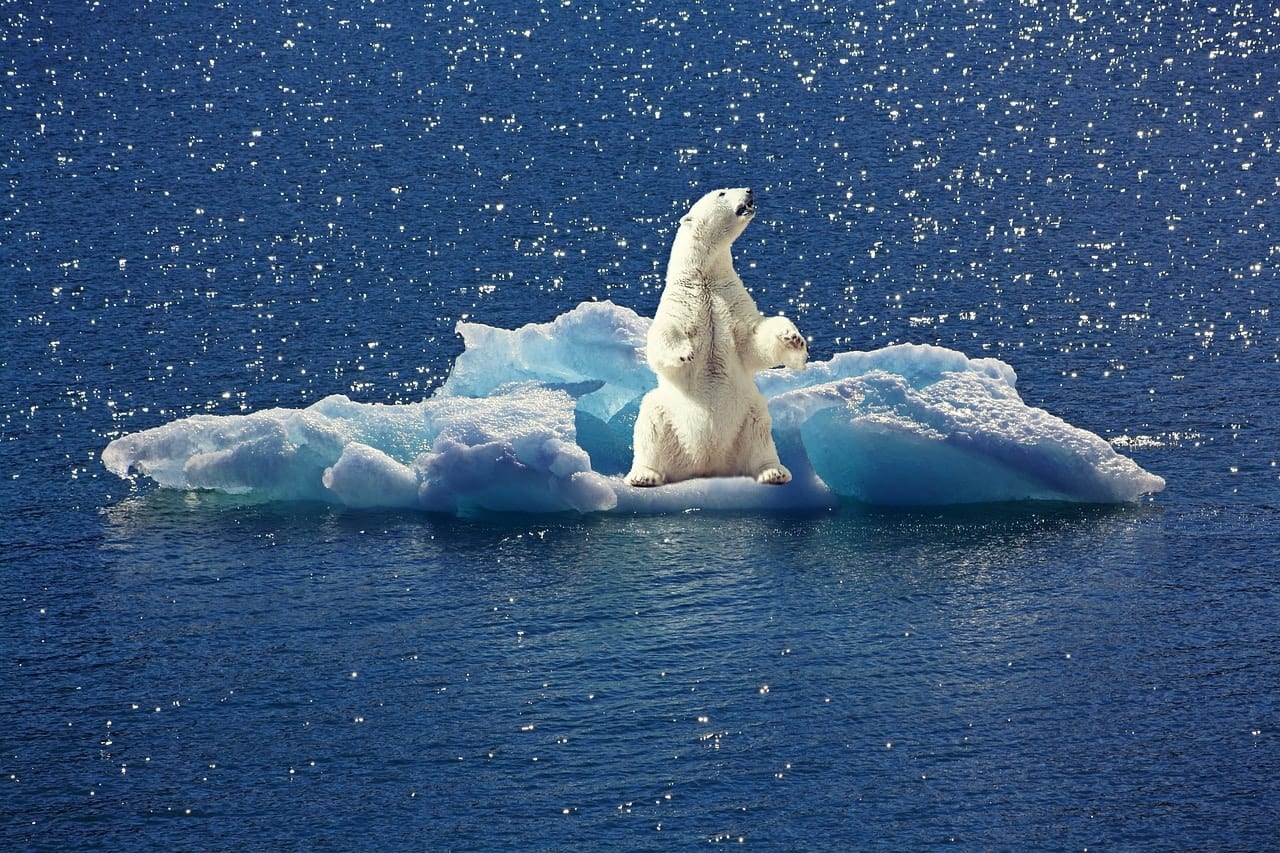
Image by cocoparisienne from Pixabay
Who are Earth’s Call Partners
Earth’s Call Foundation is partnering with other committed players in order to achieve those goals effectively.
Lever for Change
Lever for Change is a MacArthur Foundation new affiliate, supporting creative people, effective institutions, and influential networks who share the common mission of building a more just, verdant, and peaceful world.
The Macarthur Foundation strongly addresses issues of over-incarceration, global climate change, nuclear risk, while significantly increasing financial capital for the social sector.
MacArthur is one of the largest independent foundations in the US. Organizations supported by the Foundation work in about 40 countries. In addition to Chicago, MacArthur has offices in India, Mexico, and Nigeria.
Carbon Underground
The Carbon Underground, as the name suggests, is focused on carbon emissions. There is no solution to climate change that does not include drawing carbon back down from our atmosphere. There is no mechanism with the scale, ability, and immediacy to draw adequate amounts of carbon back down to mitigate climate change other than the restoration of soil.
To help solve this issue The Carbon Underground focuses on five key areas: Corporate Impact, Education & Training, Policy, Communications, and Adopt-a-Meter.
We are also building a diverse coalition of companies, organizations, schools, and governments to create global climate stability through the widespread conversion of farms and ranches into regenerative enterprises. You can find more specific project information in this section of their website.
